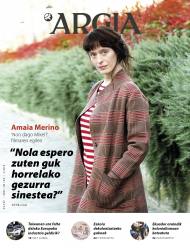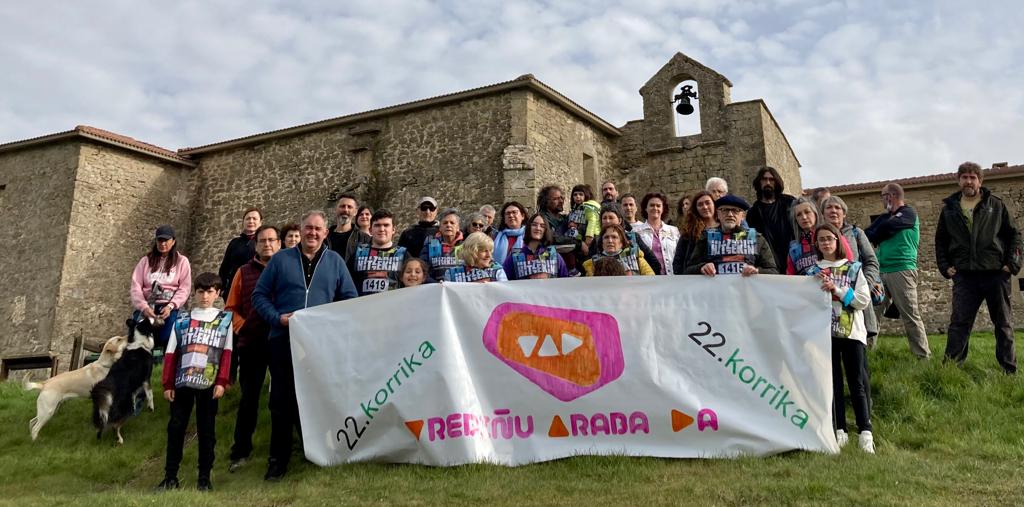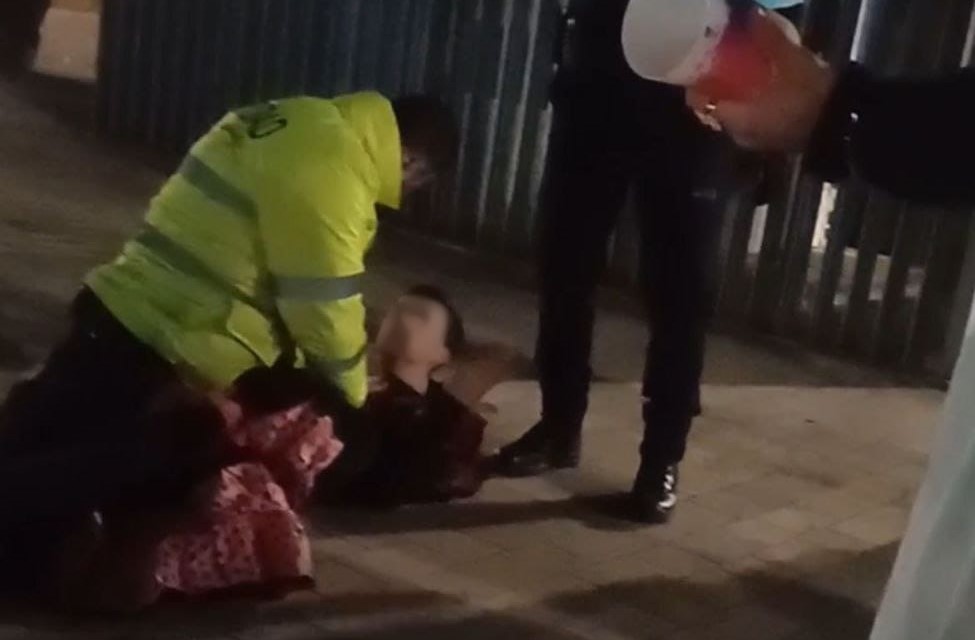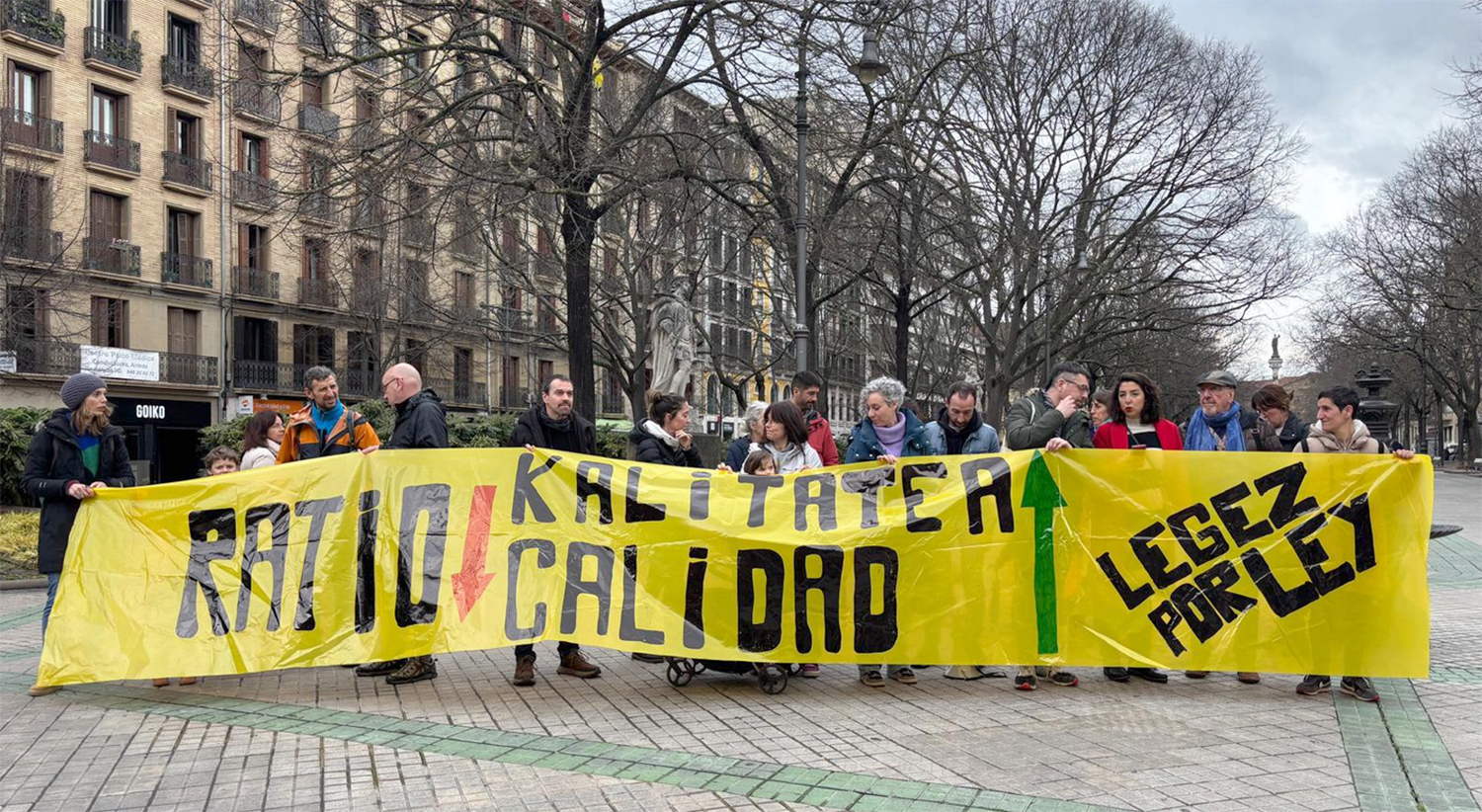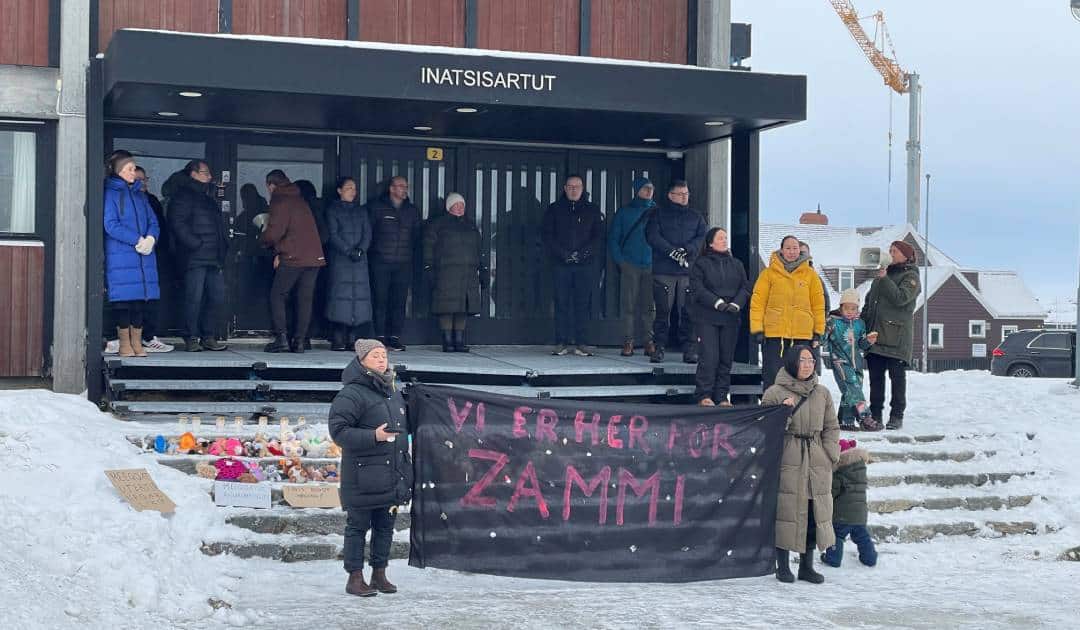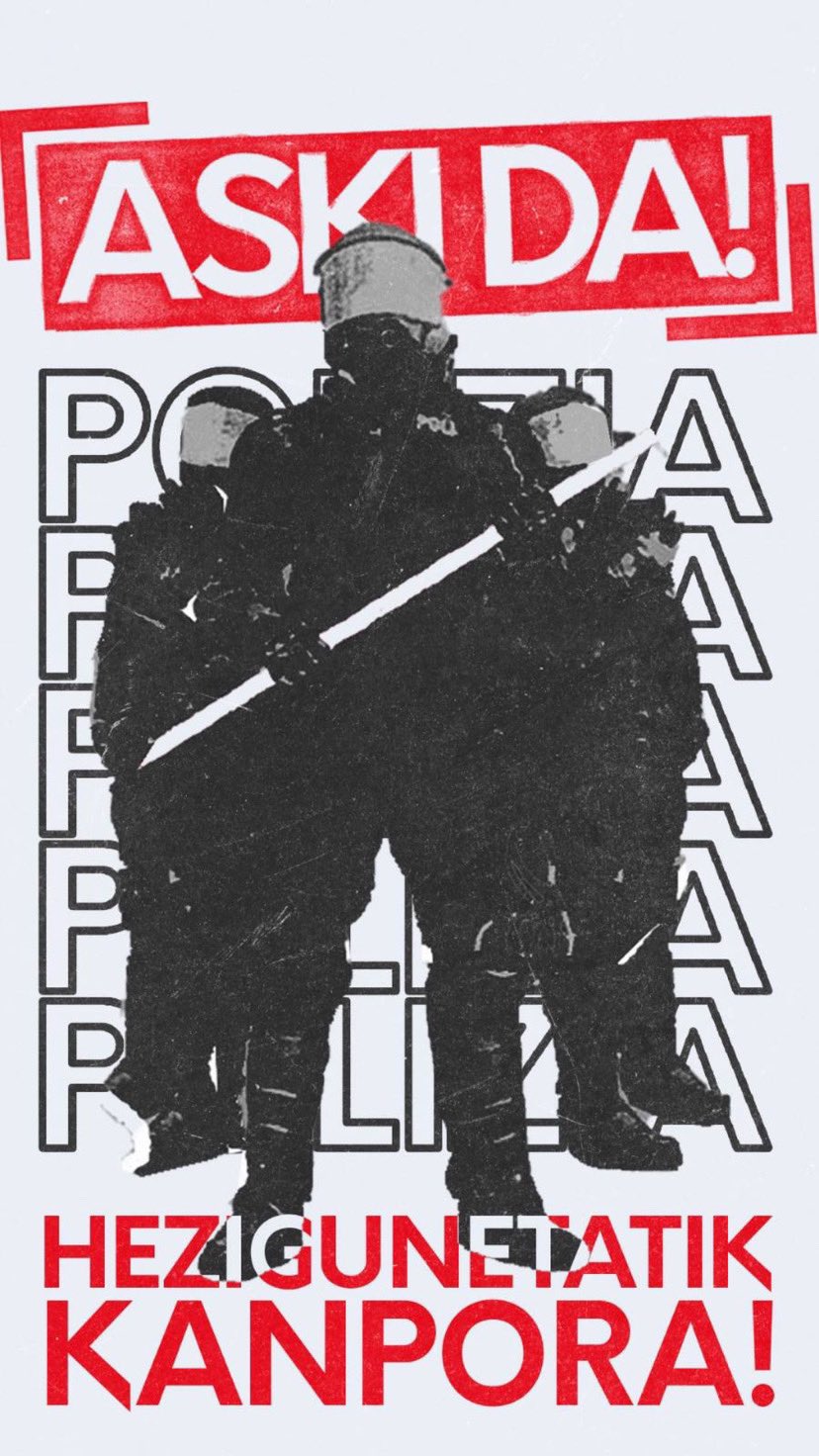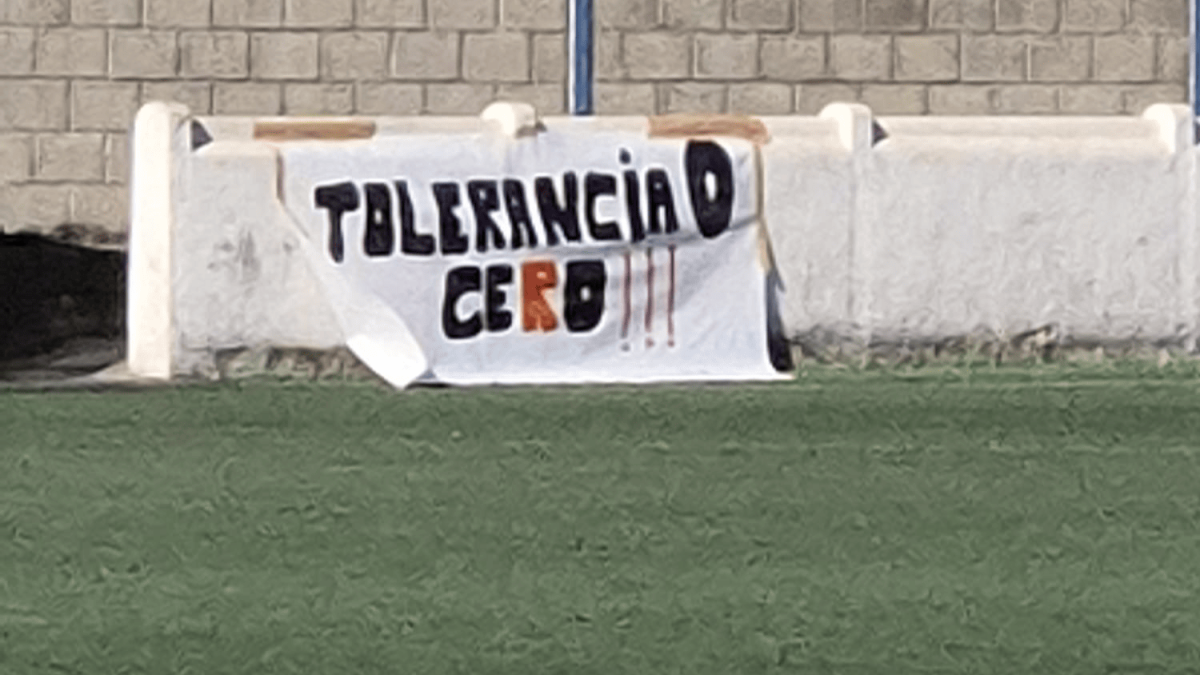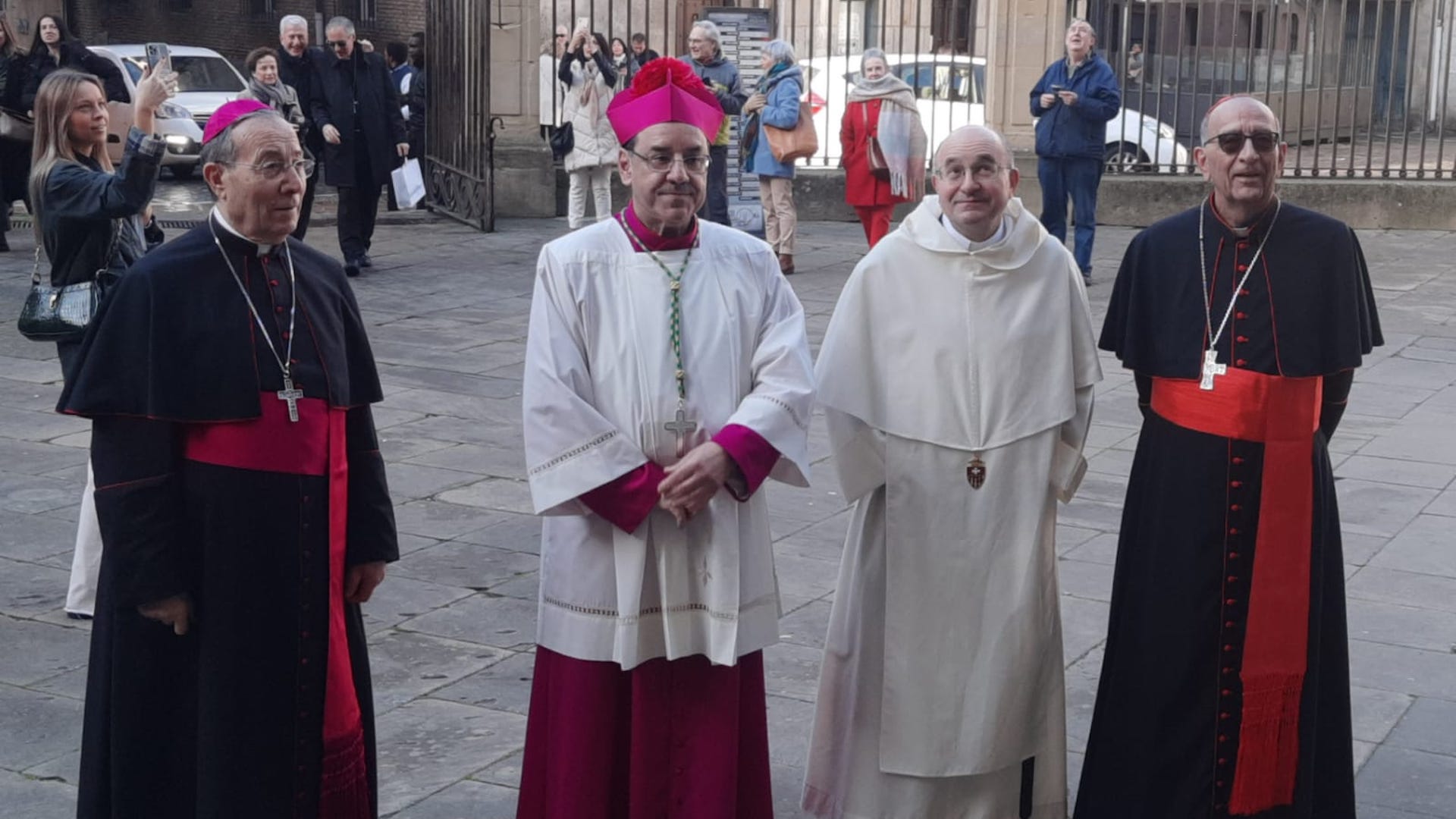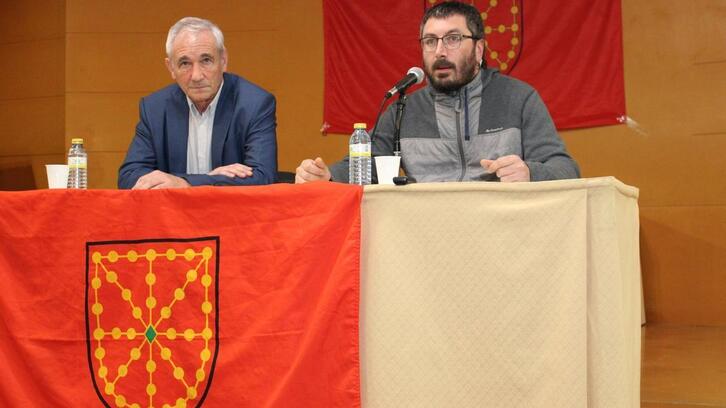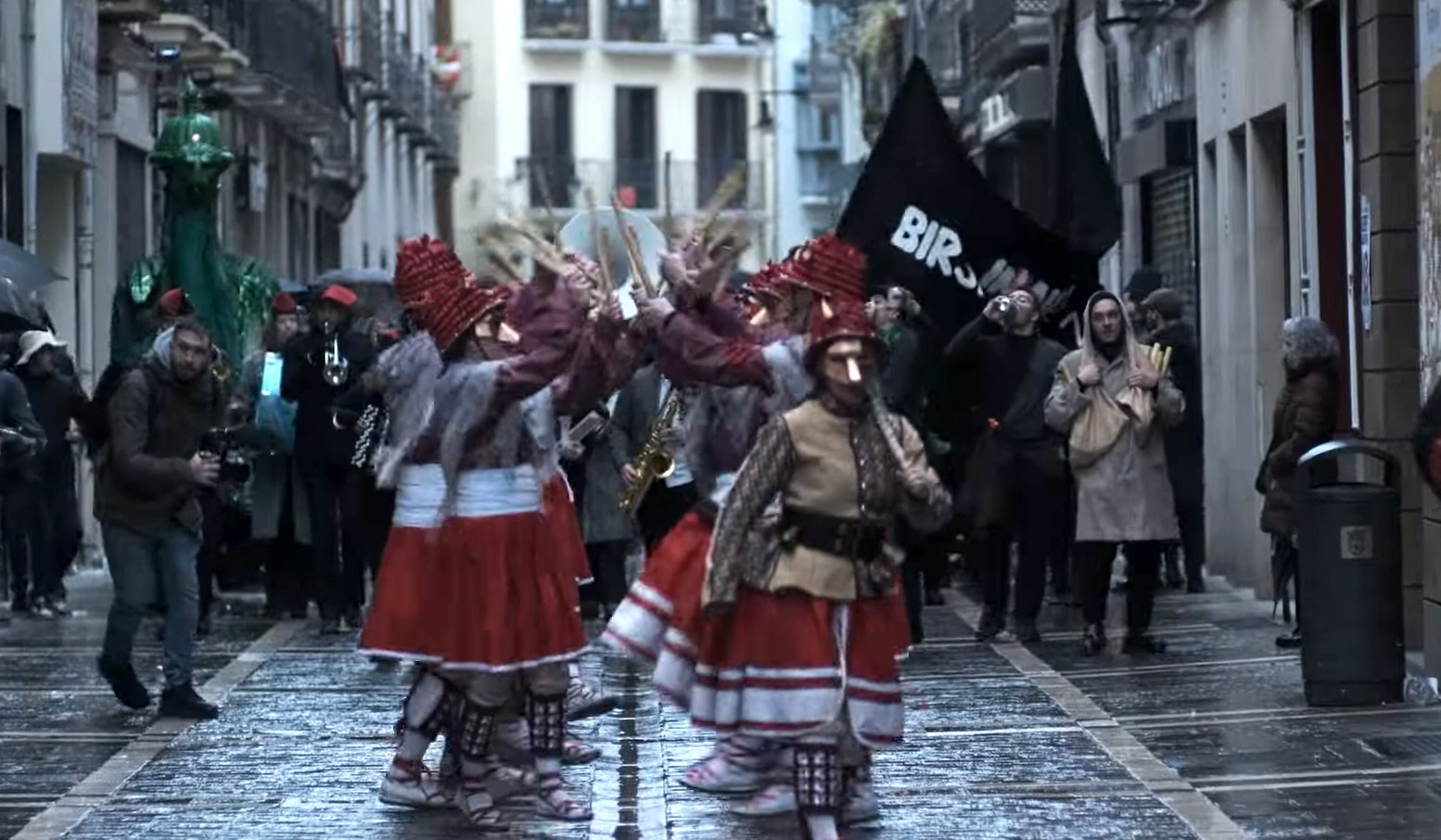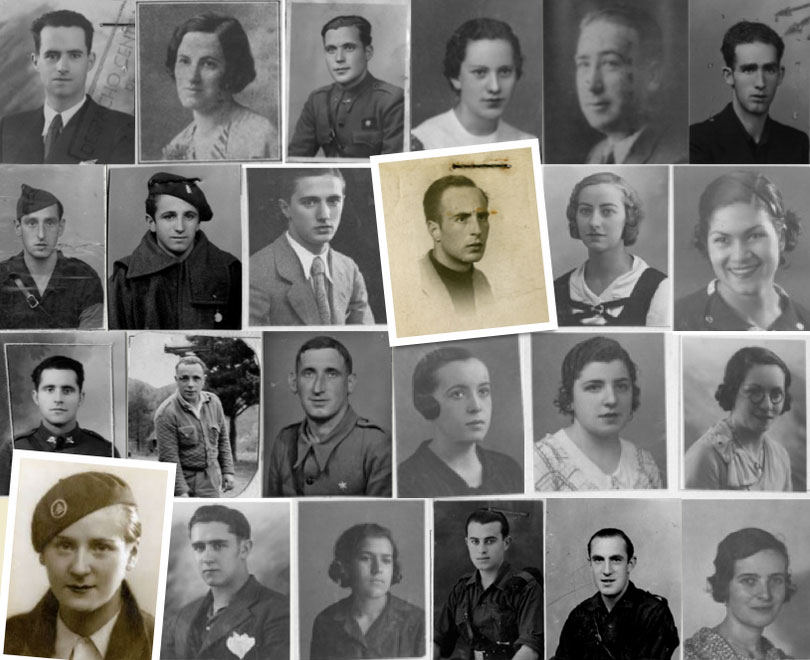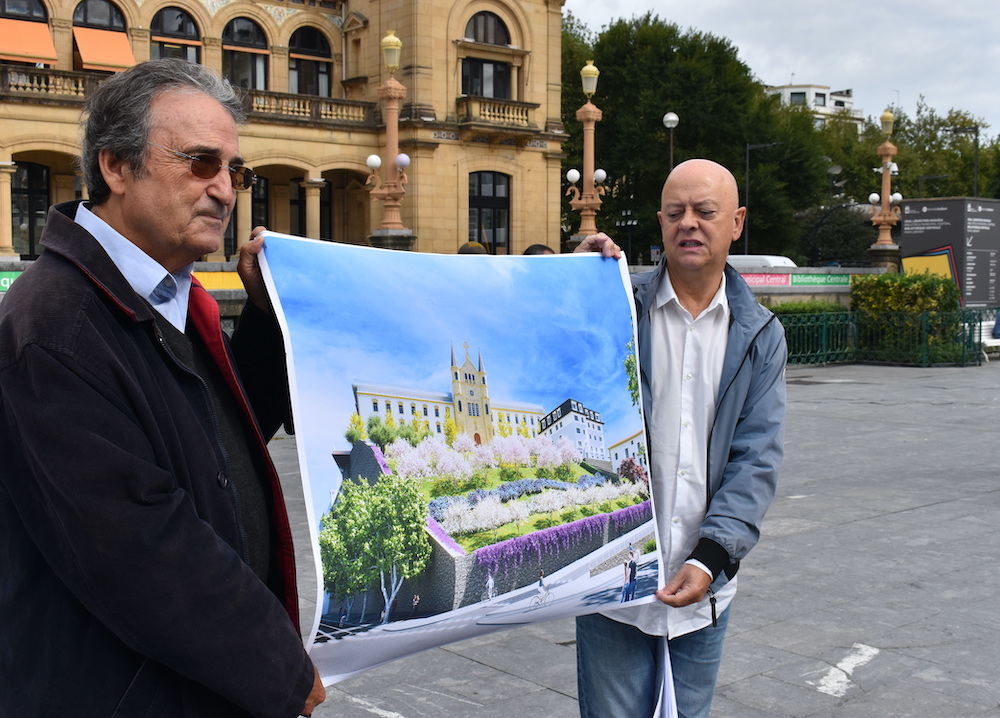"The KonMari method provides non-economic value to things."
- Sara Etxebeste Álvarez (1986, Orereta) studied Fine Arts with enthusiasm for learning how to paint and draw. However, he saw his dreams frustrated by the educational model. Good and bad, bad and good... doesn't match that. The Kokoro Workshop has made it a game that has always turned it into art. The organisational methodology of the Japanese Marie Kondo has been transferred to the Basque Country.

What is the KonMari method?
Explained very quickly, it is a method of ordering the house. But I think it's a lot more. It can also be a revolution. When you order your house, when you're putting furniture, books, mirrors, clothing -- it's also being sorted in part through us. Placing. By carelessness, but that is the case.
What is the basis of Marie Kondo’s proposal?It proposes a very
clean, albeit flexible structure. We, by custom, arranged and ordered the house by rooms. But Marie proposes categories. On the one hand, clothing, on the other, books, and finally documents. What doesn't get into these three groups is what it calls a "cone." There we can put the kitchen utensils, the bathroom products, the money, the mobiles… The last category is the objects sentimentales.Otro change you propose, and perhaps the most difficult one, is to collect, classify
and identify what makes us happy. The key is here, in my opinion, what really makes us happy? We don't have a habit of asking ourselves. Because we often attach importance to a sweater, mobile phone or lamp that we've paid a lot, not because we like it, but because we've paid a lot. On the contrary, a white niki ancestral can make us happy, even if you don't see it anymore. An object, even if it's old, can make us feel in our place. The KonMari method offers us to look, to value things beyond the economy or the cost.
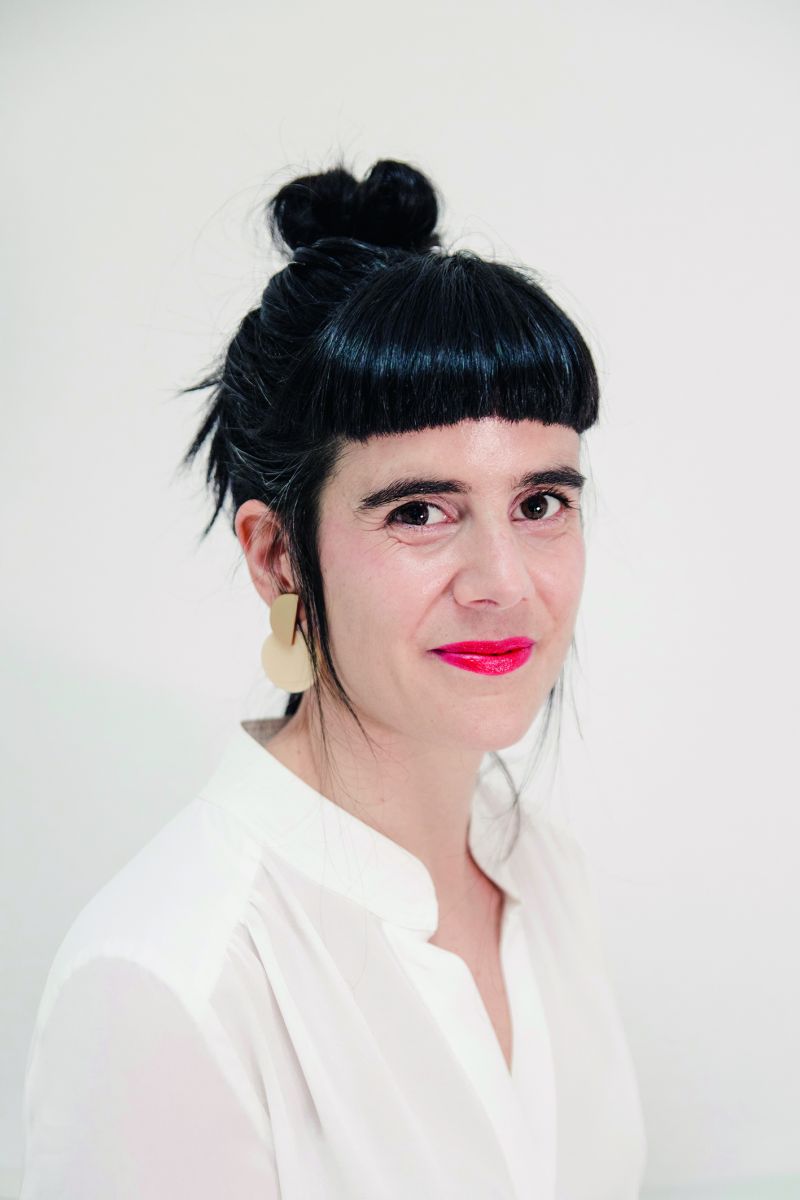
How did you know the KonMari method?
It came at a time when I saw the need for change. He had already made the decision to set aside what he had at the time. I went to Italy and from there, "Sara, this book is made for you," a friend told me. The truth is, I started reading without much interest, but I was caught right away. I felt a small internal revolution. Thanks to a training in Creative Education that I had already done, and with this reading, a game that I had always acquired a new form. Ordering from a young age the upheavals of the house, ordering clothes and books by colors or other ways, for me it was a game.
When did you decide that you wanted to dedicate yourself to it?
As soon as I read the book, I decided to train myself in this. It is true that I have always liked to order. It's been my passion or fantasy to work on it. But I always understood it as a game, and I didn't want to frustrate my game, because I was ordering anything at any job.
How did you forge?
When I made the decision, they only taught training in the United States. However, I decided to write to them to know if they intended to come to Europe and they told me yes. I waited a year and received three days of training in London. They ask everyone to do their own process and to touch them by reading Marie Kondo's two books. So I also had time for it. After the training you have to do internships with two people and then pass a test. For me, that process was a tremendous dose of humility.
After I internalized all of this, and when I decided to bet on myself, overcoming all the fears, I decided to join forces and move forward. So I created the Kokoro workshop.
What are the steps in the process?
First, I do an interview with the person who wants to do the process. Know us and know your needs and desires. Before starting the practical work I propose a series of exercises to reflect on the personal space and the desired life. These exercises help to have a broader view of the order process and to do the work faster afterwards.
Once this is done, we sort by categories all areas of the household. Starting with clothing, we take everything out, we check it out, we choose it based on happiness and we reorganize it.
To what extent does it influence?
We especially work in the space of the person who wants to carry out the process with me, although in that house their partner, parents or children live. I'm helping you reach agreements to decide how you're going to manage the objects or spaces that you share.
My job is to help that person along the way, it depends on what's left and what's not. I think it is essential to create protected spaces without a sentence, because you can really be just from that tranquility.
Do people stay at ease?
It's amazing how people react. It helps many to vent, to undo the knots, to find the inner balance… The process does not mean throwing everything, but becoming aware of what we have. And finding happiness among the things we have. I teach how to bend and receive, but it's much more than that that that moves.
really like Japanese films and when there is opportunity I see them in an original version. Listening to the audio, but without catching anything, just as bad as the subtitles! There was, however, a word that I heard over and over again, “kokoro.” But I didn't know what I meant. In Japanese, “kokoro” means “heart.” It is true that many words have more than one meaning in Japanese, and this unites the head, the soul and the heart. So, I would say it’s doing something, putting the heart and the head there.” He works at the Kokoro Workshop www.kokorotailerra.com, with head and heart.
Bizilagunek "egia eta politika" merezi dutela adierazi dute, oraindik konponbiderik bilatu ez zaizkien arazo ugari edukitzen jarraitzen baitute. Ikasketei eta osasun arretari loturiko arazoak nabarmendu dituzte.
Euskal Herrian Euskarazen arabera, Tolosako tren geltokiko segurtasun agente batek eraso egin zion militante bati, agenteari euskaraz hitz egiteko eskatu ziolako. Tolosako alkateak "kezka" adierazi du eta azalpenak eskatuko dituela jakinarazi.
Seme-alabek eskolan dituzten ratioekin kezkatuta, Arartekoari kexa helarazi zion guraso talde batek, eta orain zuzenean Parlamentuari egin diote eskaera, “legez berma dadin gure seme-alaben hezkuntzaren kalitatean oinarrizkoa den neurria, unean uneko aurrekontuez edo... [+]
Groenlandiar jatorriko 411 haur daude tutoretzapean Danimarkan, Gizarte Gaietako, Etxebizitzako eta Adineko Pertsonen Ministerioaren txosten baten arabera. Aitatasun eta amatasun froga psikologikoetan puntuazio baxuak lortzeko arriskua dute guraso groenlandiarrek, frogak ez... [+]
Ikasleen lan politikoa jazartzeko asmoz, Iruñeko Iturraman eta Biurdanan nahiz Bilboko Unamunon izan dira polizia-indarrak, IAk salatu duenez.
Otsailaren 28an Hendaian eman dio hasiera kanpainari Herri Urratsek. Euskararen transmisioa bermatzen duen Seaska babestea da helburua.
Gizonak ustez Ortuellako Jendea futbol taldean zuen posizioa baliatu zuen umeari argazkiak egiteko. Ertzaintzak ikerketa abiatu du eta aurretik antzerako salaketak zituela jaso dute.
Poliziaren eta manifestarien arteko talkek atxilotu eta zauritu ugari utzi dituzte ostiralean herrialdeko hiri nagusietan. Herritarrek gertatukoaren erantzuleak zigortzea eskatu diote gobernuari, ez baita oraindik istripuaren inguruko epaiketarik ireki. Greba orokorra deitu... [+]
Elizak 23 kasu ditu onarturik Nafarroa Garaian. Haiek "ekonomikoki, psikologikoki eta espiritualki laguntzeko" konpromisoa adierazi du Iruñeko artzapezpikuak.
Karbankulu pomelatua "garai batean gure bizilagun Francisco Casanova hil zutenen ideiak babesten dituztenek erabilitako ikurra" dela, adierazi du Noelia Guerra UPNko Castejoneko alkateak, eta sinbolo "ez ofizialak" udalaren espazioetan erabiltzea... [+]
Martxoaren 2an igandea Iruinkokoak berriz ere Iruñeko karrikak hartu ditu.
Gipuzkoako hamaika txokotatik gerturatutako hamarka lagun elkartu ziren otsailaren 23an Amillubiko lehen auzo(p)lanera. Biolur elkarteak bultzatutako proiektu kolektiboa da Amillubi, agroekologian sakontzeko eta Gipuzkoako etorkizuneko elikadura erronkei heltzeko asmoz Zestoako... [+]
Udaberri aurreratua ate joka dabilkigu batean eta bestean, tximeletak eta loreak indarrean dabiltza. Ez dakit onerako edo txarrerako, gure etxean otsailean tximeleta artaldean ikustea baino otsoa ikustea hobea zela esaten baitzen.
Memoria eta Bizikidetzako, Kanpo Ekintzako eta Euskarako Departamentuko Memoriaren Nafarroako Institutuak "Maistrak eta maisu errepresaliatuak Nafarroan (1936-1976)" hezkuntza-webgunea aurkeztu du.
Donostiako alkate ohiak webgune bat sortu du, eta plataformarekin bat egiteko eskatu die herritarrei.









